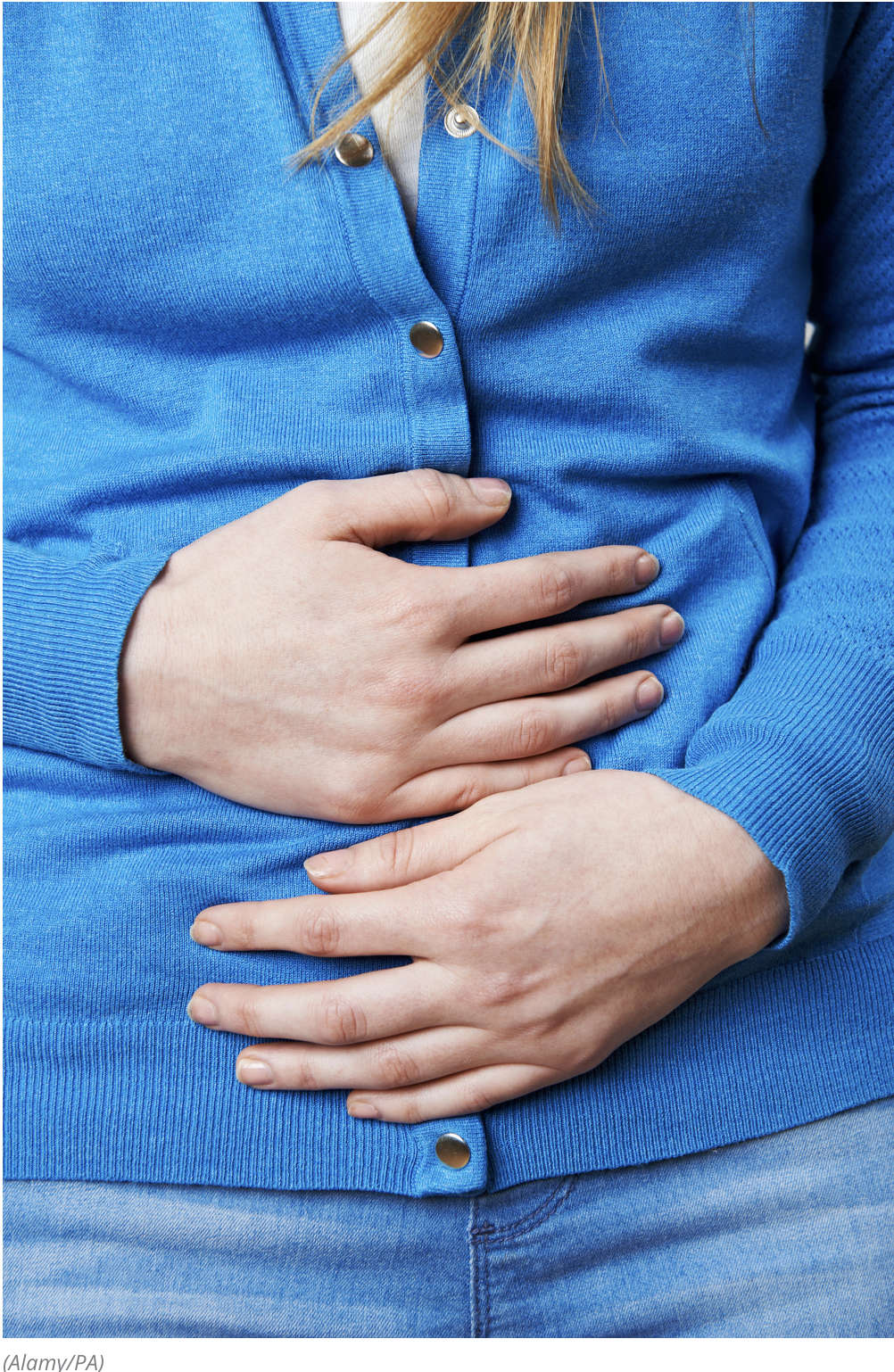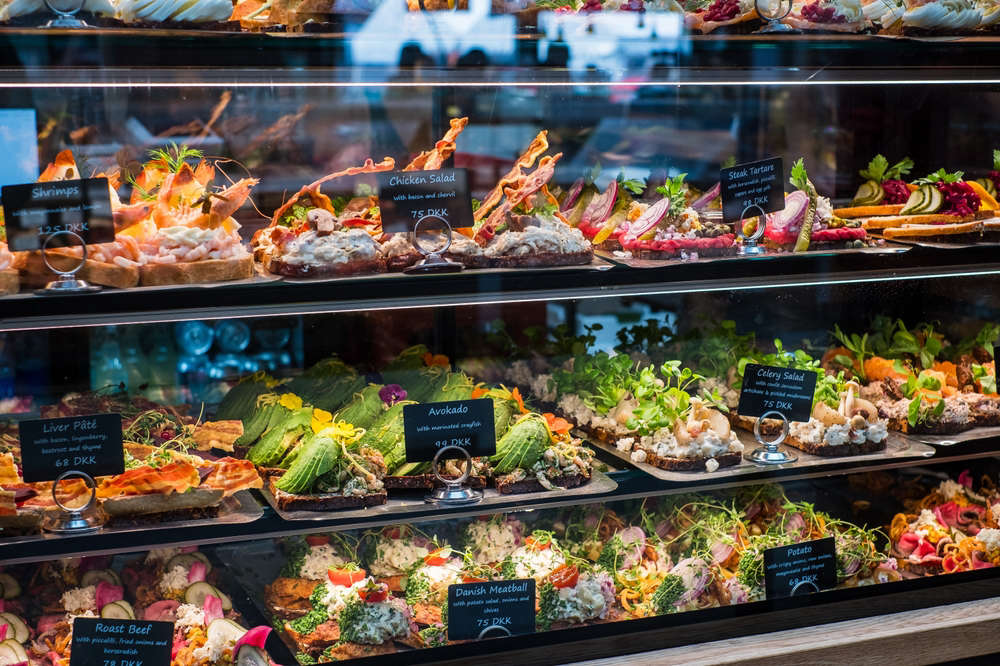
A new study has revealed that stomach bugs – such as norovirus – decreased by more than half during the first six months of the pandemic.
And authors of the study say it's due to changes in behaviour brought about by Covid-19.
The BMJ open paper found that outbreaks of gastrointestinal infections reported to health agencies in England fell by 52% compared with the average for the same period, and concluded that if people continued these hygiene practices – such as hand washing and social distancing – we could potentially see “sustained reductions in the burden of gastrointestinal illness”.
Not only would that ease pressure on health services, it would prevent individuals’ suffering. As anyone who’s ever experienced a severe stomach bug will tell you, it can be a harrowing experience, with symptoms such as vomiting, diarrhoea, fever, splitting headache, aches and pains – or all of the above – lasting for days, and spreading like wildfire throughout families, schools and workplaces.
So, how can you reduce your risk of contracting a tummy bug? Health experts reveal the unhygienic practices to avoid.
Don’t forget to wash your hands – properly

“The viruses, bacteria and other bugs that cause gastrointestinal infections are spread by contaminated food, water, or hands,” says Dr Richard Dawood, GP and medical director of The Fleet Street Clinic (fleetstreetclinic.com). He says greater ‘hand awareness’ is key: “Knowing what you have handled, and being sure to wash your hands or use sanitiser immediately before handling food or bringing your hands to your mouth.”
Dr Deborah Lee from Dr Fox Online Pharmacy (doctorfox.co.uk) says that while any soap will do, you must wash your hands thoroughly: “Bacteria and viruses have a fat and protein coat. Soap molecules attach to the fatty coating and pull it apart, destroying the organism. But it does take 20 seconds for this to happen.”
Don’t rely on hand sanitiser

Hand sanitising gels are useful when it comes to preventing transmission of Covid, but not necessarily stomach bugs.
“Alcohol-based hand sanitisers are ineffective against norovirus – a very common cause of sickness and diarrhoea in the summer months,” says Dr Lee. “There are some reports of an increase in norovirus infections abroad, possibly due to the use of hand sanitisers. So, this summer, make sure you use soap instead of hand gel, whenever possible.”
Don’t sleep in dirty sheets

“Not washing your sheets can cause ‘sick bed syndrome’,” warns Dr Lee. “A warm bed containing dust mites, shed skin, other body debris, and faecal contamination, provide a welcome environment for bacteria and viruses to grow and reproduce.”
She recommends changing your sheets “once a week, or more often if you let pets sleep on your bed. If you have asthma or allergies you should wash your sheets once every three to four days.”
Be cautious with towels too, she adds: “Bath towels should be ideally changed every other day, as faecal matter grows on them, especially if they take a long time to get fully dry.”
Don’t cut corners with food prep

If you’re not careful, your kitchen can become a breeding ground for bugs.
Dr Sarah Brewer, GP and medical director at Healthspan (healthspan.co.uk) says to avoid: “Foods that have not been cooked or reheated thoroughly, and foods that have been left out for flies to get at.” Other risk factors include: “Not cleaning kitchen surfaces properly and not stopping pets from walking over kitchen surfaces.”
Dr Lee advises: “Wash all fruit and vegetables before use, store meat on a designated shelf at the bottom of the fridge and have a separate chopping board for meat, and for fruit and vegetables.”
Don’t take risks with raw meat
“Barbecues and picnics in the summer are notorious for causing gastroenteritis, notably E.coli and campylobacter, which can arise from partially-cooked meat,” says Dr Lee.
It’s crucial that you wash your hands after touching raw meat and keep meat away from other foods. Dr Lee continues: “A good option is to part cook the meat in the oven and finish it off on the barbecue, then you know it has been cooked in the middle. Food must be piping hot.”
Don’t eat high-risk foods

Particular care must be taken by those in high-risk groups, such as pregnant women or those with a weakened immune system.
Dr Lee warns that the following can increase the risk of bacterial and viral gastroenteritis:
“Sushi and raw seafood; soft cheeses and blue cheeses; raw or partly cooked eggs; pate and processed meats; unpasteurised juices or cider; and water from outdoor streams and wells.”

 Five Highly Romantic Meals Perfect for Your Valentine
Five Highly Romantic Meals Perfect for Your Valentine
 Five Fantasy Worlds We'd Love to See Become Theme Parks
Five Fantasy Worlds We'd Love to See Become Theme Parks
 Five Most Romantic Valentine’s Gestures From Europe
Five Most Romantic Valentine’s Gestures From Europe
 Five Fabulous Foodie Places To Visit In February
Five Fabulous Foodie Places To Visit In February
 Five Fantasy Worlds We’d Love To Explore In Real Life
Five Fantasy Worlds We’d Love To Explore In Real Life